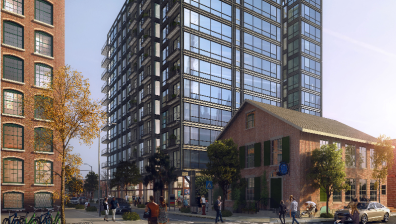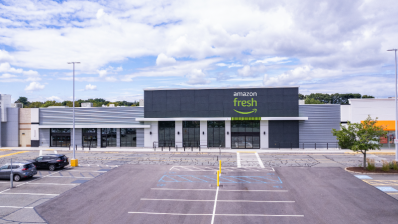155 Chestnut
A multi-family development in Providence, RI.

This offering was a Qualified Opportunity Zone (QOZ). Learn about the potential tax benefits of investing in Qualified Opportunity Zones.
There is a reason Investopedia has named us Best Overall Real Estate Crowdfunding Platform three years in a row.
Sponsor Details
CrowdStreet categorizes sponsors based on their experience and track record so our investors can get a sense of the firm behind the deal.
Current Investment Opportunities
Compare and review real estate projects to find the right direct investment opportunity for you. View a deal’s financial documents, watch a webinar hosted by the sponsor behind the deal, submit your investment offers, and more–all online.
Additional Resources for Multifamily Real Estate Investors
- Read more on How CrowdStreet Advisors is evaluating multifamily real estate investing in 2025
- Learn more about the deal review process each offering goes through before being listed on the CrowdStreet platform
- Commercial Real Estate Investing Basics
- The Definitive Guide to Commercial Real Estate Property Types
Start your real estate investing journey
Build a real estate portfolio that helps you meet your investment goals.
